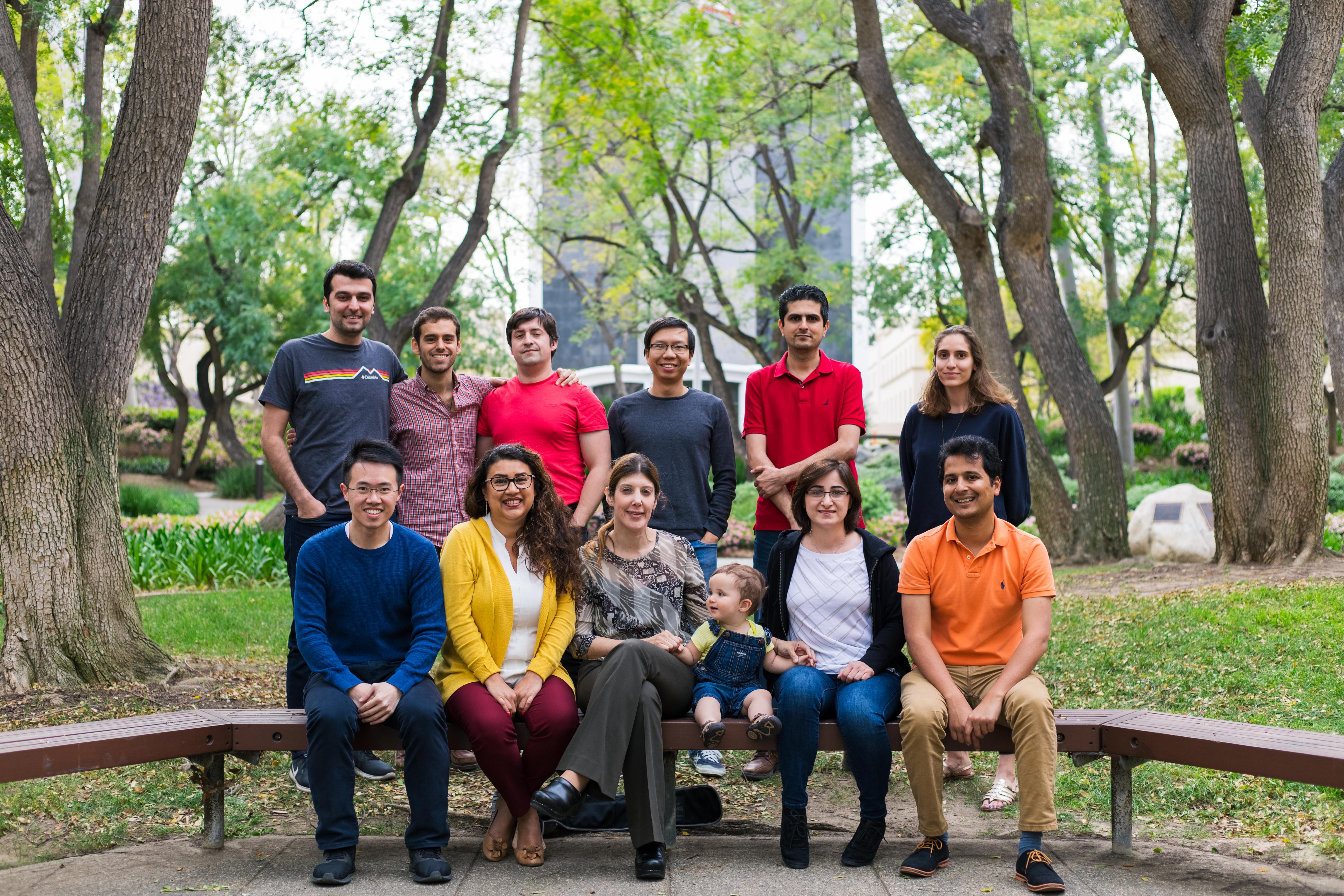Welcome
Welcome to the website of Domniki Asimaki’s research group. We study the mechanics of geotechnical systems, with emphasis on their response to natural and man-made hazards. We have developed models to predict the effects of earthquakes on soft soils, such as permanent ground deformation and liquefaction; to understand the seismic response of topographic features, such as hills, ridges and dams; and to design underground infrastructure, such as piles, basements and buried pipelines, resilient to earthquakes. Join us, send us questions or simply enjoy!

Research Highlights
 Foundation design models in engineering practice are based on the so-called load-transfer approach: the interaction between foundation and soil is quantified by empirical functions (aka. soil springs), which relate the force per unit area or length of foundation to the deflection induced to the soil (and vice-versa). Although soil springs have been used in engineering practice for over 40 years, their accuracy, selection and appropriate use is still hotly debated. In almost all cases, controversies are related to the empirical basis of the soil spring method and to the cost of full-scale load tests, which has severely constrained the availability of data. Our research in this area uses high fidelity, multi-scale computational tools to conduct virtual experiments that bypass empirical assumptions of design methodologies. We use these simulated experiments to study, for example, the effects of liquefaction, slope stability failure, soil stiffness degradation (fatigue) and erosion on the performance of foundations subjected to extreme loading conditions (earthquakes, hurricanes etc). [Read more]
Foundation design models in engineering practice are based on the so-called load-transfer approach: the interaction between foundation and soil is quantified by empirical functions (aka. soil springs), which relate the force per unit area or length of foundation to the deflection induced to the soil (and vice-versa). Although soil springs have been used in engineering practice for over 40 years, their accuracy, selection and appropriate use is still hotly debated. In almost all cases, controversies are related to the empirical basis of the soil spring method and to the cost of full-scale load tests, which has severely constrained the availability of data. Our research in this area uses high fidelity, multi-scale computational tools to conduct virtual experiments that bypass empirical assumptions of design methodologies. We use these simulated experiments to study, for example, the effects of liquefaction, slope stability failure, soil stiffness degradation (fatigue) and erosion on the performance of foundations subjected to extreme loading conditions (earthquakes, hurricanes etc). [Read more]
News
Publications on Gorkha research
Our publication on the analysis of strong motion data from the 2015 M7.8 earthquake in Nepal is now available online on the Gorkha Special Issue of Tectonophysics. Also, the GEER report on our field observations can be found here; while our findings have been included in the Special Issue of the Seismological Research Letters on the same event. We look forward to your comments and questions! 10/10/2016
SEISMOSOIL v1.0 is now available for PC, Mac
We are very excited to release v1.0 of our nonlinear site response software, SEISMOSOIL, a one-dimensional total stress finite difference code, complete with a graphical interface for pre- and post-processing, signal processing tools and validation metrics for comparison ofpredictions to recordings. Send us your comments and complaints. 10/01/2016
Asimaki presents Caltech's research on resilience at the Capital Campaign launching event
A glimpse of Caltech’s vision for making Los Angeles resilient to earthquakes. Campaign's launching video is now available on youtube. Check it out! 05/16/2016





